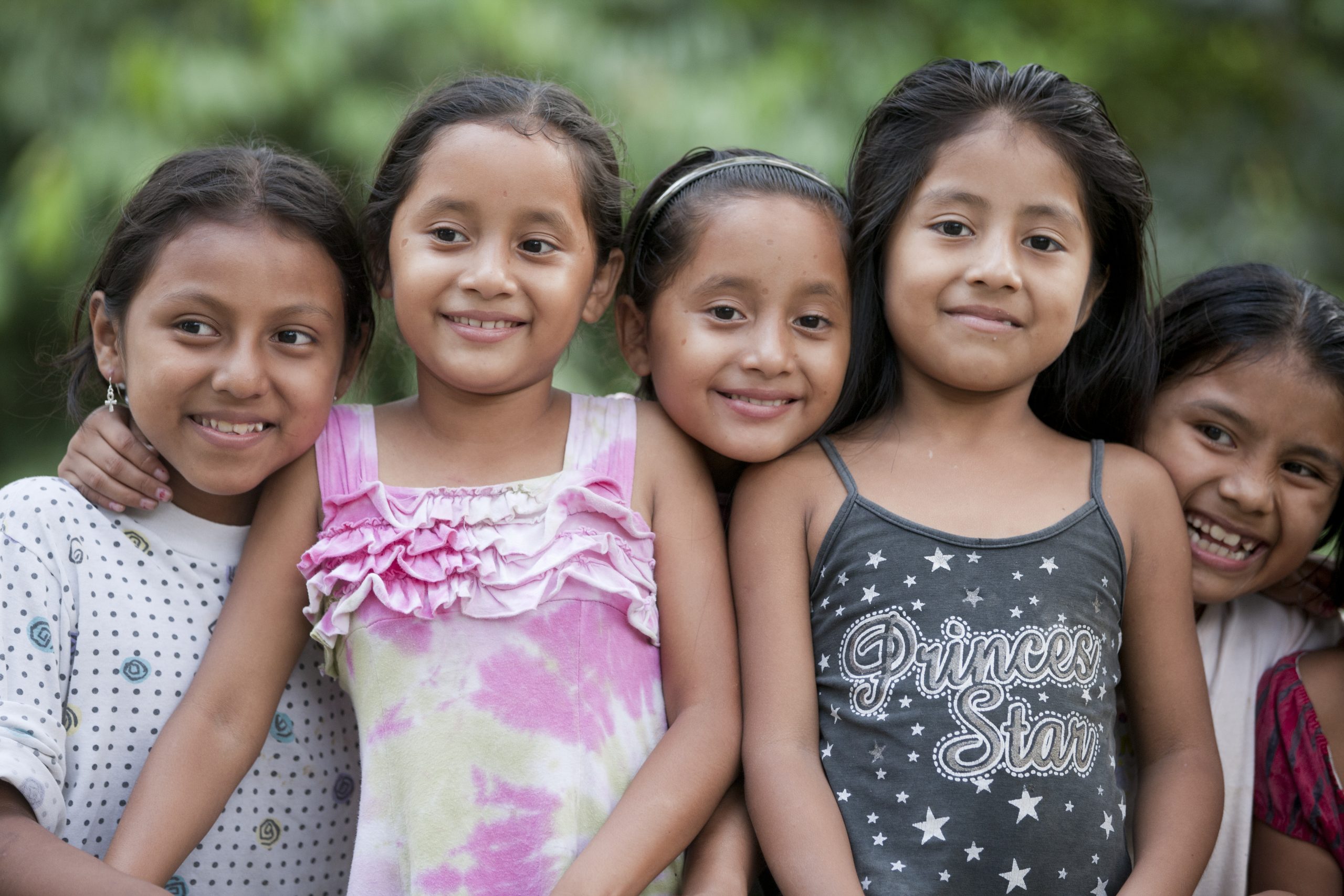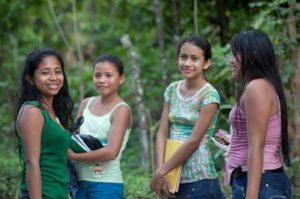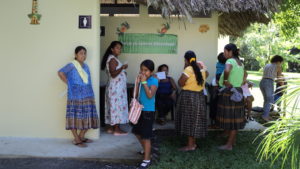Empowering women and girls with access to health care and education is crucial for effective conservation and sustainable development. Women who are educated realise higher wages, are more aware of how to protect their sexual and reproductive health and experience greater upward mobility. Educated women are also better stewards of the environment and have greater capacity to adapt to shocks of natural disasters and extreme weather events. In fact, education for women and girls has been noted to be the sixth most powerful solution to reversing climate change.
With a strong emphasis on increasing community agency, our project on the Guatemalan Caribbean coast promotes a community-led approach to conservation and sustainable development. Climate finance funds important project activities that empower and uplift women, enabling them to make well-informed decisions about their own future and the long-term future of their families and environment.
Let’s bring you a bit closer to the action. The Guatemalan Conservation Coast project forms part of the Mesoamerican Biological Corridor and spans the entire Caribbean coastline of Guatemala, bordering Belize to the north and Honduras to the south. As the world’s largest grouped forest-based carbon project, hundreds of diverse landowners (including governmental, NGO, private and community) have joined to protect 675 parcels of forest making up a total of 59,941 hectares. More than 100 local and indigenous communities are impacted by the project, which uses carbon revenue to tackle the economic and social drivers of deforestation.
To date, the project has transformed the lives of 3,250 families through job creation, agricultural training and increased access to legal and financial services, including creating and supporting local jobs – 30% of which are held by women. With the help of FUNDAECO, our implementation partner on the ground, targeted programmes have been established aimed at improving female access to health services, which not only include mobile clinics for rural communities but regular talks on the importance and impact of sexual and reproductive health and rights. We’re proud to say that over the lifetime of the project, more than 3,000 people have participated in these talks. These services empower women through voluntary, high-quality family planning, which improves the health and life-expectancy of both mothers and infants. This support gives women the ability to protect the well-being of their families, and to choose how and where they spend their time and resources.
At Ecosphere+, we emphasise that conservation and sustainable development is multi-faceted. Weaving gender equality and human rights into any approach to climate change mitigation ensures solutions are resilient, inclusive and equitable.
Read more about our Guatemalan Conservation Coast Project here.


